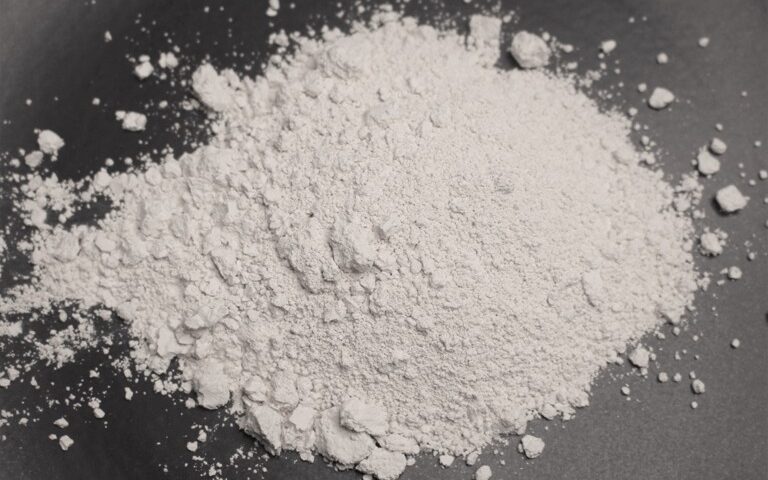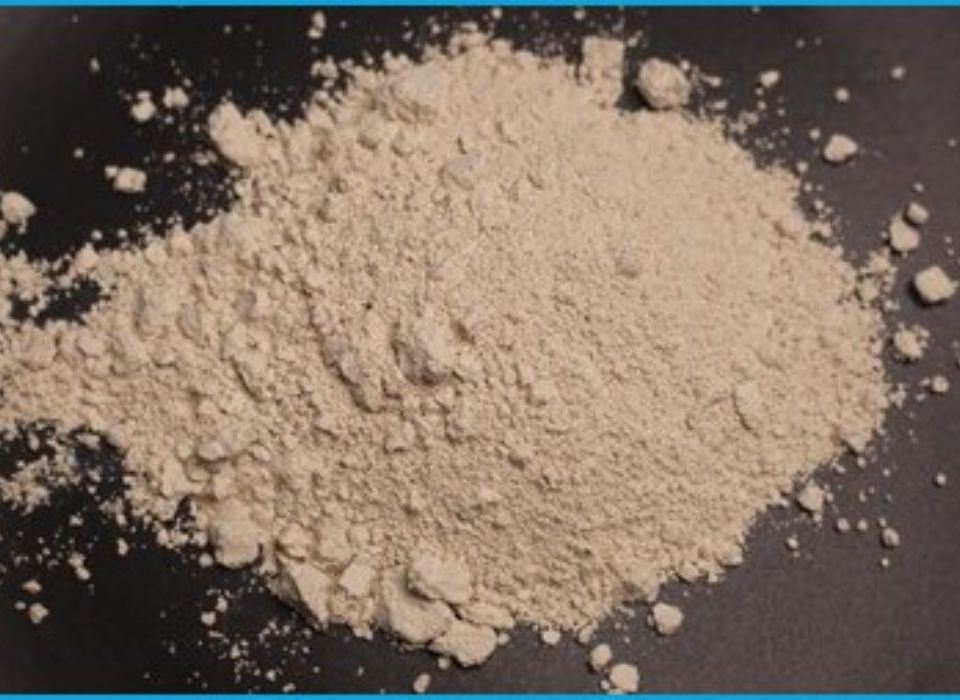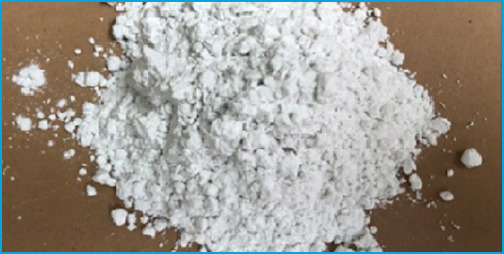
Who Can Benefit from Using Food Grade Diatomaceous Earth?
January 20, 2025How to Use Silica in Agriculture?
February 10, 2025Diatomite has become an in-demand topic as gardeners and farmers continue to search for sustainable and productive ways to increase plant growth. Diatomite is well known due to its unique properties that include several plant benefits.
What is Diatomite?
Diatomite, which is also referred to as kieselguhr, is an intricately detailed and sedimentary rock that consists of fossilized remains of diatoms, and tiny aquatic organisms. Silica-based skeletons of these diatoms lead to creating pores and lightweight material. Diatomite has many applications in modern industry (filtration, insulation, and as a soil conditioner, etc.).
How Does Diatomite Help Plants?
The diatomite is not only another soil additive, but it offers benefits that will help plants grow more healthy and stronger.
Improves Soil Drainage
One of the greatest challenges for plant health is water management. Diatomite breaks up compacted soil and makes very small air pockets, which helps with soil drainage. Because of this, water does not bog around the roots, helping with situations like root rot.
Retains Moisture
Diatomite is also good for drainage but can also hold moisture. The soil absorbs water and then slowly releases it as the soil dries because of its porous structure (EPA 1994). It is a great facility for plants which needs constant water levels and in drought menace districts.
Adds Essential Silica
Silica is needed in plants for stronger stems, and leaves, and improved all-around resilience. Diatomite naturally contains silica and this gradually becomes available to plants, as the material breaks down in the soil. But this extra silica also strengthens plant structures so they are more resistant to pests and diseases.
Enhances Aeration
Limited oxygen availability in the soil can suffocate plant roots when the soil is too compacted. Diatomite’s lightweight, porous nature aerates the soil, giving root systems a healthier environment. It allows roots to spread and absorb nutrients more efficiently.
Balances Soil pH
Unlike other amending agents, diatomite is pH neutral and won’t make your soil too acidic or too alkaline. It stabilizes the soil state, which helps the plants absorb necessary nutrients more easily.
How to Use Diatomite for Plants?
Diatomic is very simple to incorporate into your garden or farm. Here are some practical ways to use it:
Mix it into the soil: Before planting into your soil mix, add diatomite. For most plants, a ratio of 10 – 20% diatomite to regular soil seems to work well.
Use it as a top dressing: Diatomite on the surface of your soil will help retain moisture and discourage pests.
Combine with compost: Add a bit of compost to diatomite to increase the nutrient content and improve the soil’s structure.
Is Diatomite Safe for All the Plants?
Diatomite is safe for just about all plants, yes. It is a vegetable, flower, shrub, and even indoor plant-safe choice, due to its natural composition and neutral pH. The amount used depends on the type of plant and soil condition, however. Start with a small amount, and see how your plants react.
Why Choose Diatomite?
Diatomite is a green and renewable method to improve the quality of soil. Naturally, it improves soil structure, increases soil porosity, and realizes nutrients thus reducing the need for chemical fertilizers. If you are trying to go as green as possible with your gardening practices, diatomite is the best option.
Seema Minerals: Your Trusted Source for Diatomite
Seema Minerals is the name you can rely on when it comes to the premium quality of diatomite. Years of expertise and dedication to sustainability earned Seema Minerals to become your best bet for top-grade products that enhance both gardeners and farmers' health for improved productivity.
Conclusion
There is no doubt that diatomite is one great addition to your gardening toolkit. With its capacity to boost drainage, retain moisture, and enhance the strength of plants, it’s an all-in-one solution for healthy soil and healthy plants. If you are growing a vegetable garden or keeping ornamental plants, diatomite will make a difference.




